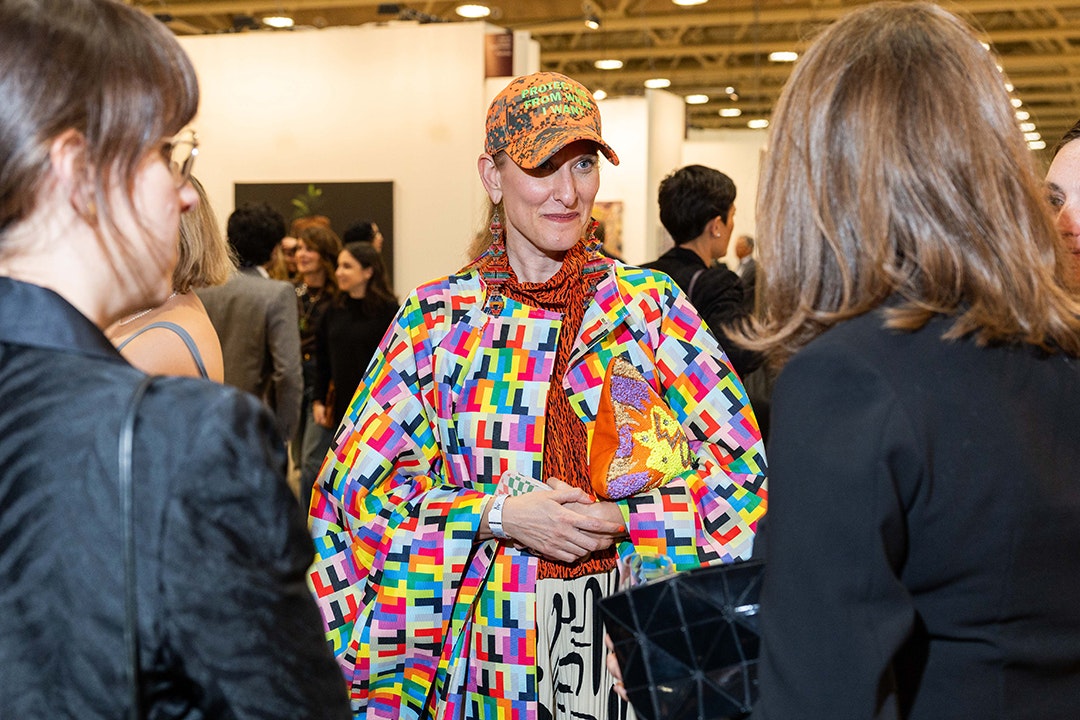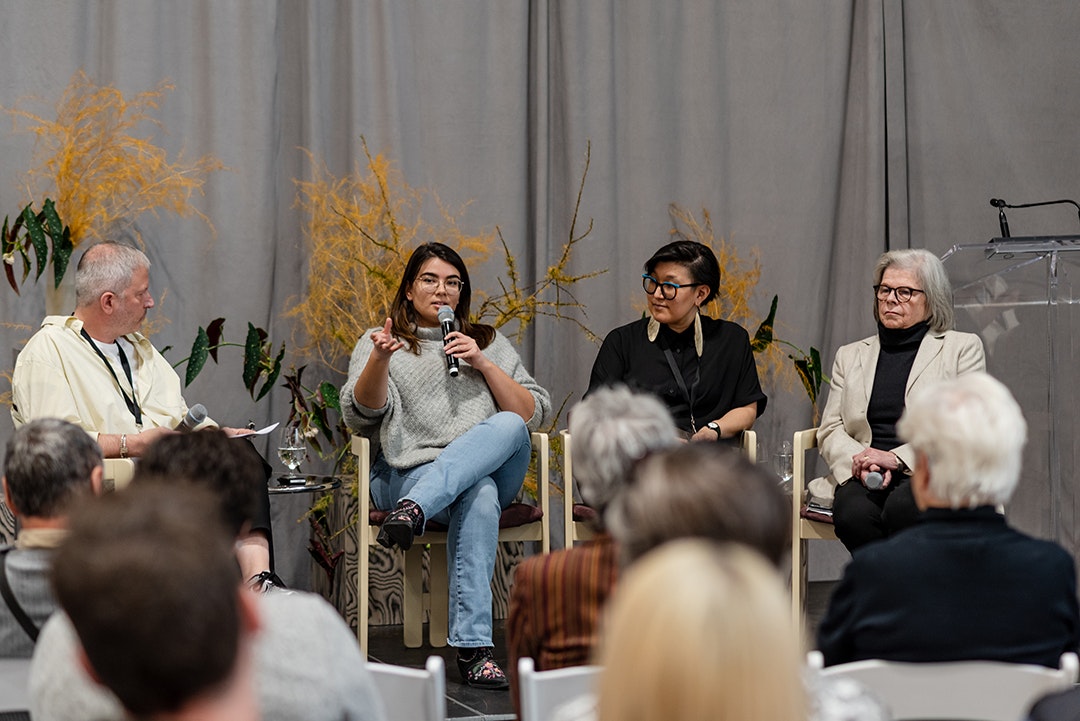Canada's Art Fair
Art Toronto Opening Night
The McMichael Canadian Art Collection welcomes you to Opening Night on Thursday, October 23. Enjoy complimentary drinks and canapés, VIP Lounge access, and priority admission to the fair throughout its run.
2025 Exhibitors
View our 2025 lineup which features an incredible range of galleries from across Canada and around the world, including Buenos Aires, Frankfurt, London, Mexico City, New York City, Santiago, Sydney and more.
Arte Sur
We are delighted to announce Arte Sur, a new section debuting at Art Toronto 2025, celebrating the vibrant artistry of Central and South America. Curated by the renowned Karen Huber.
In the News
Read and Watch coverage of Art Toronto from leading national and international titles such as The Art Newspaper, Artnet, The Observer, Culture Type and more.
Watch 2024 Platform Talks Online
Art Toronto's Platform Stage featured a range of thoughtful conversations featuring notable art experts from across Canada and abroad.
Focus Exhibition
Dr. Zoé Whitley has been announced as the curator of the 2025 Focus Exhibition.
Installations
Uniquely designed spaces offered an immersive experience across the fair.
Photo depicts Art Toronto 2024 installation Nicholas Crombach, "Chariot Burial," 2023 (Presented by Art Mûr)
We are in the news!
Read and Watch media coverage of Art Toronto from leading national and international titles.








